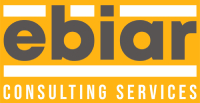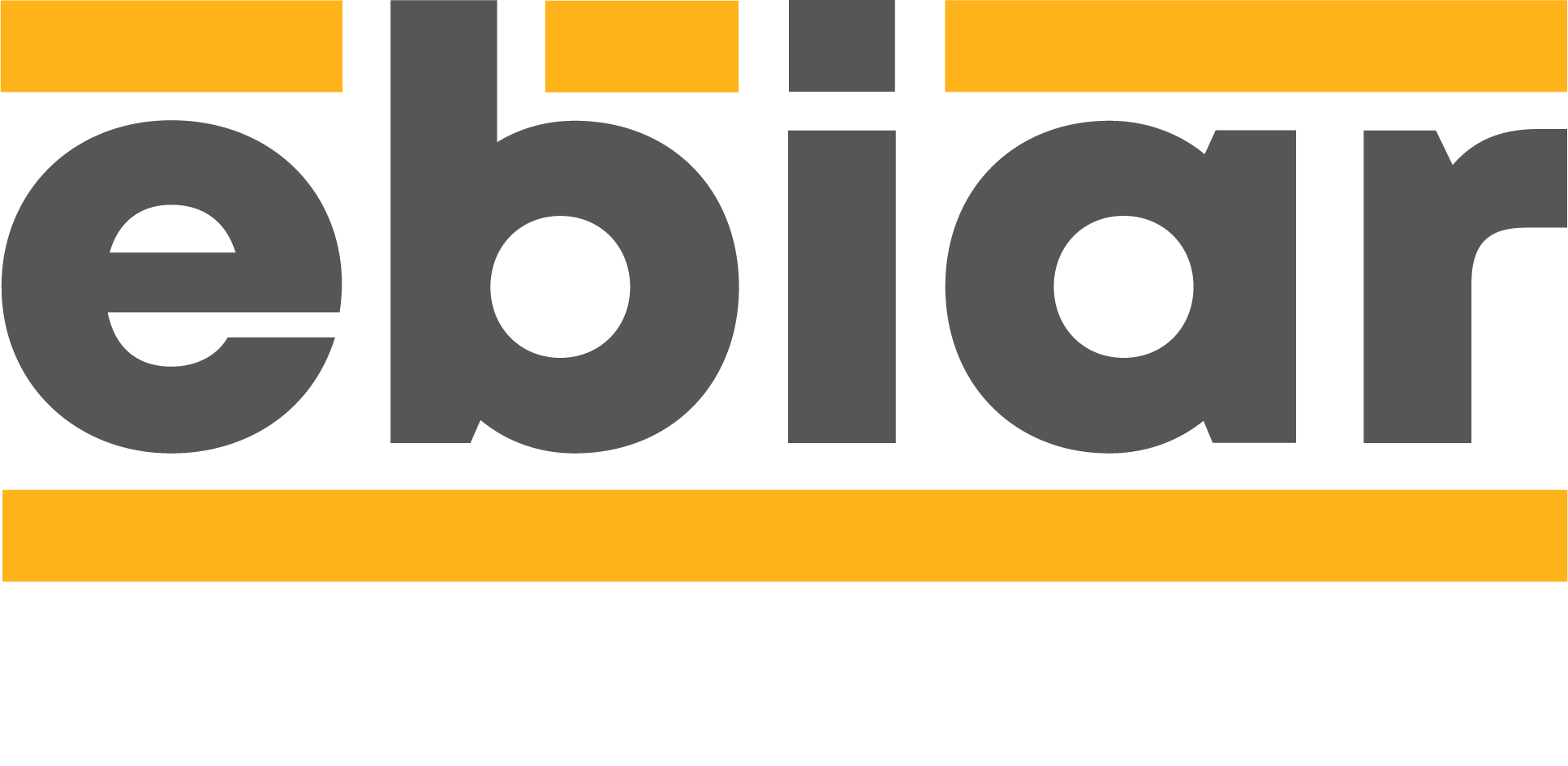Organizational change plays a vital role in the ever-evolving landscape of the healthcare industry. With the need to enhance patient outcomes, improve operational efficiency, and adapt to regulatory changes, healthcare organizations must embrace transformational initiatives. This blog aims to shed light on how healthcare consulting firms serve as catalysts for promoting and driving organizational change within the industry. By leveraging their expertise, these firms offer valuable insights and strategies to navigate the complexities of change management. In this blog, we will explore the key strategies and approaches employed by healthcare consulting firms, examine successful case studies, discuss the benefits and impact of their services, and address the challenges involved. Join us on this informative journey as we delve into the realm of healthcare consulting and organizational change
Understanding Organizational Change in Healthcare
Organizational change is a fundamental process that healthcare organizations undergo to adapt and improve their operations, strategies, and overall performance. It refers to the intentional modifications made to an organization’s structure, processes, and culture to achieve desired outcomes. In the context of the healthcare industry, healthcare consulting firms play a pivotal role in facilitating and driving this change.
Definition of Organizational Change
Organizational change in healthcare encompasses a broad spectrum of adjustments, ranging from restructuring departments, implementing new technologies, and improving workflows, to revising policies and procedures. It involves a systematic approach to transforming the way healthcare organizations operate, with the ultimate goal of delivering better patient care and outcomes.
Common Challenges Faced by Healthcare Organizations
Healthcare organizations face a myriad of challenges that necessitate organizational change. These challenges include the constant evolution of regulatory requirements, the integration of emerging technologies, the need to streamline operations, and the demand for improved patient experience. Additionally, factors such as changing demographics, rising healthcare costs, and increasing competition further contribute to the complexities faced by healthcare organizations.
Need for External Expertise and Support
To effectively address these challenges and navigate the intricacies of organizational change, healthcare organizations often seek external expertise and support from healthcare consulting firms. These firms bring a wealth of industry knowledge, specialized skills, and experience in driving successful organizational change initiatives. They provide a fresh perspective, objective insights, and proven methodologies to guide healthcare organizations through the transformation process.
Healthcare consulting firms offer a range of services tailored to the unique needs of each organization. They conduct comprehensive assessments to identify areas of improvement, develop tailored change management strategies, and collaborate closely with stakeholders to ensure buy-in and support throughout the change process. Furthermore, they provide guidance on implementing innovative technologies, optimizing workflows, and enhancing communication and collaboration among healthcare professionals.
Role of Healthcare Consulting Firms
Overview of Healthcare Consulting Firms
Healthcare consulting firms are invaluable partners for organizations navigating the complex landscape of the healthcare industry. These firms specialize in providing expert guidance and strategic support to healthcare organizations, including hospitals, clinics, and medical practices. With a deep understanding of the industry’s intricacies, healthcare consulting firms offer a unique perspective and knowledge base to address the specific challenges faced by their clients.
Services Offered by Healthcare Consulting Firms
Healthcare consulting firms offer a wide range of services tailored to the needs of their clients. These services include:
Strategic Planning: Consultants collaborate with healthcare organizations to develop comprehensive strategic plans aligned with their goals and objectives. This includes conducting market research and analyzing competition, and identifying growth opportunities.
Process Improvement: Healthcare consulting firms assess existing organizational processes and identify areas for improvement. They streamline workflows, eliminate inefficiencies, and optimize resource allocation to enhance overall operational performance.
Financial Management: Consultants assist healthcare organizations in managing their financial resources effectively. They analyze revenue cycles, provide cost-reduction strategies, and implement financial planning tools to ensure financial sustainability.
Compliance and Risk Management: Healthcare consulting firms help healthcare organizations navigate the ever-changing regulatory landscape. They ensure compliance with healthcare laws and regulations, mitigate risks and develop robust governance and compliance frameworks.
Expertise and Qualifications of Consultants
Healthcare consulting firms employ highly skilled professionals with diverse backgrounds and expertise. Consultants typically possess advanced degrees in healthcare administration, business, or related fields. They have extensive experience in the healthcare industry, ranging from clinical expertise to administrative and managerial roles.
Furthermore, consultants stay updated with the latest industry trends, best practices, and regulatory changes. They possess a deep understanding of healthcare systems, reimbursement models, electronic health records, and emerging technologies.
Healthcare consulting firms also foster a collaborative approach, working closely with healthcare organizations’ leadership teams, physicians, and staff. This collaborative effort ensures that the consultants’ recommendations are aligned with the organization’s culture, goals, and values.
In summary, healthcare consulting firms play a vital role in driving organizational change within the healthcare industry. With their expertise, comprehensive services, and collaboration with healthcare organizations, they empower clients to navigate the evolving healthcare landscape successfully. By leveraging their knowledge and experience, these firms enable healthcare organizations to adapt, thrive, and deliver high-quality care to their patients while achieving their strategic objectives.

Promoting Organizational Change: Strategies and Approaches
Healthcare consulting firms play a vital role in promoting organizational change within healthcare organizations. By employing strategic approaches and effective strategies, these firms help drive positive transformations that address the pain points and challenges faced by the industry.
Assessment and analysis of current organizational processes
One of the initial steps in promoting organizational change is conducting a thorough assessment and analysis of the current processes within a healthcare organization. Healthcare consulting firms leverage their expertise to evaluate existing systems, workflows, and practices. Through comprehensive audits and data analysis, they identify areas that require improvement or change. This assessment serves as a foundation for developing targeted strategies and action plans to optimize processes.
Developing a change management plan
Once the assessment is complete, healthcare consulting firms work closely with the organization’s leadership to develop a robust change management plan. This plan outlines the objectives, scope, timelines, and resources required for successful implementation. It takes into account the unique needs and goals of the organization, aligning them with industry best practices. The plan serves as a roadmap, guiding the organization through the change process, and ensuring a smooth transition.
Identifying key stakeholders and engaging them in the change process
An essential aspect of promoting organizational change is engaging key stakeholders. Healthcare consulting firms identify these stakeholders, including administrators, healthcare professionals, and staff, and involve them in the change process. By fostering open communication and collaboration, these firms create a sense of ownership and participation among stakeholders. They conduct workshops, focus groups, and one-on-one sessions to gather feedback and address concerns, ensuring a successful and inclusive change implementation.
Providing training and education to employees
To facilitate organizational change, healthcare consulting firms emphasize the importance of training and education. They design and deliver comprehensive training programs that equip employees with the necessary skills and knowledge to adapt to new processes and technologies. These programs are tailored to meet the specific needs of different departments and roles within the organization. By investing in employee development, healthcare consulting firms ensure a smooth transition, minimize resistance, and enhance staff engagement.

Benefits and Impact of Healthcare Consulting Firms
Healthcare consulting firms play a pivotal role in driving organizational change within the healthcare industry. Their expertise and guidance contribute to several key benefits and impactful outcomes that positively affect healthcare organizations and their stakeholders. In this section, we will explore how healthcare consulting firms bring about improvements in patient outcomes and satisfaction, cost savings and operational efficiencies, enhanced collaboration and communication among healthcare professionals, as well as increased staff morale and engagement.
Improvements in patient outcomes and satisfaction
Healthcare consulting firms work closely with organizations to identify and implement strategies that enhance patient care. By analyzing processes and workflows, these firms can identify areas for improvement, streamline operations, and optimize resource allocation. As a result, patient outcomes improve, leading to higher satisfaction rates. Through effective change management initiatives, healthcare consulting firms help organizations prioritize patient-centric care and implement evidence-based practices, ultimately fostering better health outcomes for patients.
Cost savings and operational efficiencies
Healthcare organizations face significant financial pressures, and healthcare consulting firms can help address this challenge. These firms assist in identifying cost-saving opportunities by optimizing resource utilization, reducing waste, and improving efficiency. By streamlining administrative processes, implementing innovative technologies, and leveraging data analytics, healthcare consulting firms enable organizations to make informed decisions and achieve cost savings without compromising the quality of care.
Enhanced collaboration and communication among healthcare professionals
Effective communication and collaboration among healthcare professionals are crucial for delivering high-quality care. Healthcare consulting firms understand the importance of fostering a culture of collaboration and can help organizations implement tools and processes that enhance communication and teamwork. By leveraging technology solutions, such as collaborative platforms and integrated communication systems, healthcare consulting firms enable seamless information sharing, leading to improved care coordination and patient safety.
Increased staff morale and engagement
Organizational change can often be met with resistance and apprehension from staff members. Healthcare consulting firms recognize the significance of addressing staff concerns and engaging them in the change process. Through effective change management strategies, these firms provide training, education, and ongoing support to employees. This fosters a sense of ownership and empowerment, leading to increased staff morale and engagement. By involving staff in decision-making and recognizing their contributions, healthcare consulting firms create a positive work environment that drives organizational success.
Conclusion
In the fast-paced and dynamic landscape of the healthcare industry, organizations often face the challenge of adapting to changing environments and implementing effective organizational change. This is where healthcare consulting firms step in as catalysts for transformation. In this blog, we will explore the pivotal role played by healthcare consulting firms in promoting and facilitating organizational change. Through their expertise and experience, these firms help healthcare organizations navigate complex challenges and drive positive outcomes. From analyzing existing processes to developing comprehensive change management plans, healthcare consulting firms offer tailored strategies that optimize patient care, enhance operational efficiency, and foster collaboration. Join us as we delve into the key insights and takeaways surrounding the transformative impact of healthcare consulting firms on organizational change.
A change management plan is a roadmap that outlines the objectives, scope, timelines, and resources required for the successful implementation of organizational change. It is important because it ensures a structured approach to change, aligns the organization’s goals with best practices and guides the organization through the change process.
Examples of successful organizational change initiatives facilitated by healthcare consulting firms include improving the patient experience through process redesign, implementing electronic health record (EHR) systems, and enhancing efficiency.
Yes, healthcare consulting firms stay updated with the latest industry trends, best practices, and regulatory changes. They ensure compliance with healthcare laws and regulations, mitigate risks and develop robust governance and compliance frameworks.
Yes, healthcare consulting firms often provide post-implementation support to healthcare organizations. They monitor the progress of implemented changes, assess their effectiveness, and provide ongoing guidance and support to ensure sustained improvements and address any emerging challenges.
Consultants at healthcare consulting firms typically possess advanced degrees in healthcare administration, business, or related fields. They have extensive experience in the healthcare industry, ranging from clinical expertise to administrative and managerial roles.
Malcolm Wright is the Founder and CEO of Ebiar Consulting Services– a global market entry advisory firm with deep business leadership experience and fresh, relevant perspectives on key global economies and cultural awareness. In fact, Malcolm recently completed Harvard Business School’s Leading Global Businesses program to advance his learning.
-
MALCOLM WRIGHThttps://ebiar.com/author/eirdemo/
-
MALCOLM WRIGHThttps://ebiar.com/author/eirdemo/
-
MALCOLM WRIGHThttps://ebiar.com/author/eirdemo/
-
MALCOLM WRIGHThttps://ebiar.com/author/eirdemo/




Add a Comment
You must be logged in to post a comment